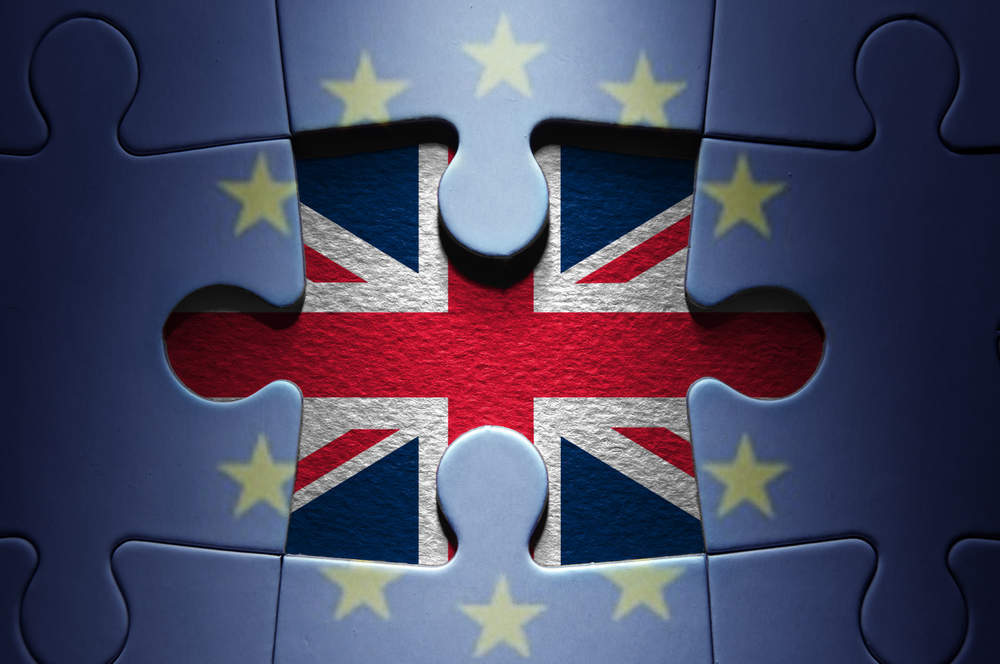
There are few British inventors and entrepreneurs whose products are more well-known and well-used than those created by James Dyson.
Dyson’s pioneering reinvention of the vacuum cleaner is one of the most popular products of its kind and few homes would ever be without one.

Access deeper industry intelligence
Experience unmatched clarity with a single platform that combines unique data, AI, and human expertise.
The 60-year-old inventor is said to be worth £7.8bn and has been recognised for his talents with a provostship at the Royal College Of Art, and chairmanship of the board of trustees of London’s Design Museum.
James Dyson is also noteworthy for his conflicting positions on the European Union.
So where does Dyson stand on the EU?
In 1998, Dyson lobbied the government (alongside 20 other chairmen and executives) to consider joining the eurozone.
He claimed that failure to take the euro as Britain’s currency would lead to the destruction of Britain’s manufacturing industry.

US Tariffs are shifting - will you react or anticipate?
Don’t let policy changes catch you off guard. Stay proactive with real-time data and expert analysis.
By GlobalDataIn his statement, Dyson said:
It does not mean that the jobs will go tomorrow but will drift abroad over a period and the longer-term future of Britain as a manufacturing nation will be blighted. Ministers had better understand that if we delay entry too long there may be nothing left to save.
However, shortly after making his feelings for the EU public, Dyson was criticised by both ministers and journalists for his hypocrisy in supporting the EU.
His threats to build a new manufacturing facility in the far east after struggling to get planning permission in Wiltshire were raised by multiple commentators.

By 2014, Dyson had reversed his decision completely. He claimed he’d be voting to leave the EU citing his fear of being “dominated and bullied by the Germans”.
In an interview with the Telegraph, Dyson said:
We will create more wealth and more jobs by being outside the EU. We will be in control of our destiny. And control, I think, is the most important thing in life and business. The last thing I would ever want to do is to put myself in somebody else’s hands. Not just the other countries, but the Brussels bureaucrats.
Will James Dyson put his money where his mouth is?
Far from simply talking a good game, Dyson seems prepared to invest in Britain too.
In fact, just months after the referendum results were announced, Dyson unveiled a £250m expansion of his manufacturing facility in the Cotswolds.
The expansion will provide jobs for 450 skilled engineers.
When asked about whether the lowering value of the pound or the chance of increased EU taxes would affect his business, Dyson replied:
If you are a business, do you actually say, ‘I am not going to make a decision to invest in that factory or I am not going to make a decision to set up in Europe because of this potential three percent [tax].’ As a business, are you actually stopping and not investing because of that? If you were, you would be mad because currency can move 10 percent in a couple of days. A three percent import duty is not something to worry about. It is highly unlikely it will come in anyway. The imbalance of trade is £100bn a year. Are you seriously saying that Germany wants to be putting an import duty on British goods going into Germany when we can punish them much greater on their goods? The trend is towards free trade. The failure of Europe to negotiate a free trade agreement with America, the TTIP, is really worrying. That is uncertainty. If you are waiting for Europe to negotiate free trade agreements China, North America and so on, that is a far greater uncertainty then whether or not you pay three percent to go into Europe.
For the time being at least, it seems James Dyson is feeling very confident about Britain’s future outside of the EU.







